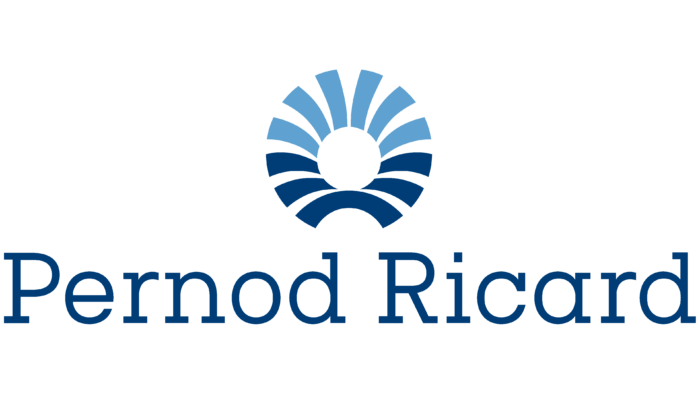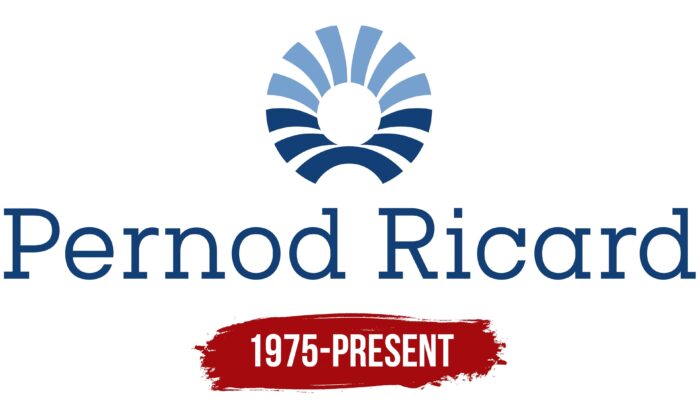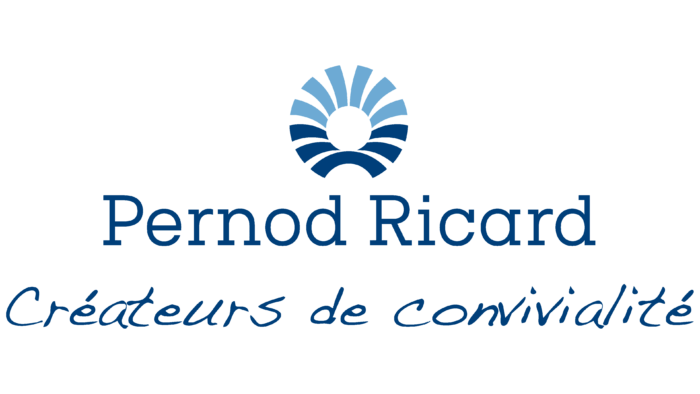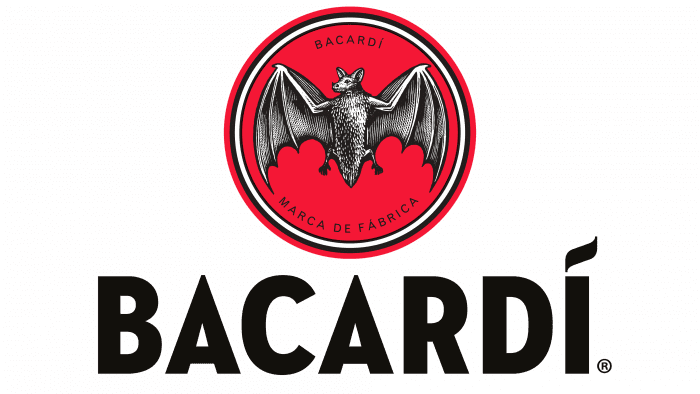Development and prosperity is the main message of the emblem. The Pernod Ricard logo indicates a company with clear values and a team spirit. All giant’s divisions take care of producing the highest quality alcohol of various strengths.
Pernod Ricard: Brand overview
| Founded: | 1975 |
| Founder: | Paul Ricard |
| Headquarters: | Paris, France |
| Website: | pernod-ricard.com |
Meaning and History
The corporation emerged from the 1975 merger of two family-owned companies, Ricard of Marseilles, which produced anise tincture, and Pernod of Savoy sold absinthe. Over the next 50 years, Tantz has achieved extraordinary results, increasing its sales by 25 times to 9 billion euros. The corporation owes such a promotion to Patrick Ricard, son of one of the founders. Pernod Ricard’s portfolio includes brands of whiskey, tequila, gin, cognac, and champagne. At the same time, the company still produces anise tincture (pastis), popular in France.
The company’s visual mark has not changed since its inception. This is because the company is continuously in the hands of one owner.
The visual mark is simple and modern. However, this minimalism contains a lot of meaning and hides the entire history of the concern.
At the base of the emblem is the company name. It is written in a round, thin, serif typeface. Each word starts with a capital letter, indicating the two names at the origin. Pernod is first because his company is 130 years older than Paul Ricard’s firm, which appeared in 1932.
At the head of the logo is a schematic flower. This choice is connected with the fact that the flower, anise blossom, is the sign of Ricard and its pastis. And as the company was ruled by Ricard and his descendants, the logo inherits the traditions of his company.
The flower consists of individual petal stripes that resemble excise stamps. The bottom two petals merged into one stripe, which holds the entire subsequent composition. It symbolizes the merger of two companies, which laid the foundation of the concern.
Above are ten petals in a circle, which symbolize the new companies that have been acquired over the history of the concern. Five years after its formation, the company absorbed the first company – the American Austin Nichols. And it didn’t stop again, buying ten liquor producers around the world. The largest purchase was worth $ 9 billion.
Now all the firms are documented and grouped around a single goal – to preserve the premium taste and create a festive mood for customers. And for holidays and celebrations, they always choose flowers and the best alcohol. That’s why the company’s assets include only valuable brands.
The flower’s petals look in different directions, as new companies joined the concern from different parts of the world. Just as the flower opens up in all directions, Pernod Ricard distributes its products everywhere (in 160 countries).
Font and Colors
The logo uses a blue tone in a gradient from dark to light. This color symbolizes history, heritage, experience, and smart, thoughtful management that has made the company rise to the top.
The name of the concern and the bottom petals are in deep blue – as a sign of the beginning, the foundation, and the base. The dark petals symbolize the six companies purchased by Pernod Ricard in the 20th century. The others, acquisitions of the 21st century, are colored in lighter blue tones.
The change in a gradient from bottom to top and from dark to light also signifies the gradual transformation of the company towards a better, brighter future. The concern has been reforming to reduce waste and protect the environment, improve working conditions for its employees, and modernize management to operate even more efficiently.
Publica Slab Light lettering font.
Pernod Ricard color codes
| Dark Pastel Blue | Hex color: | #76a1ce |
|---|---|---|
| RGB: | 118 161 206 | |
| CMYK: | 43 22 0 19 | |
| Pantone: | PMS 7688 C |
| Dark Cerulean | Hex color: | #123f76 |
|---|---|---|
| RGB: | 18 63 118 | |
| CMYK: | 85 47 0 54 | |
| Pantone: | PMS 654 C |






